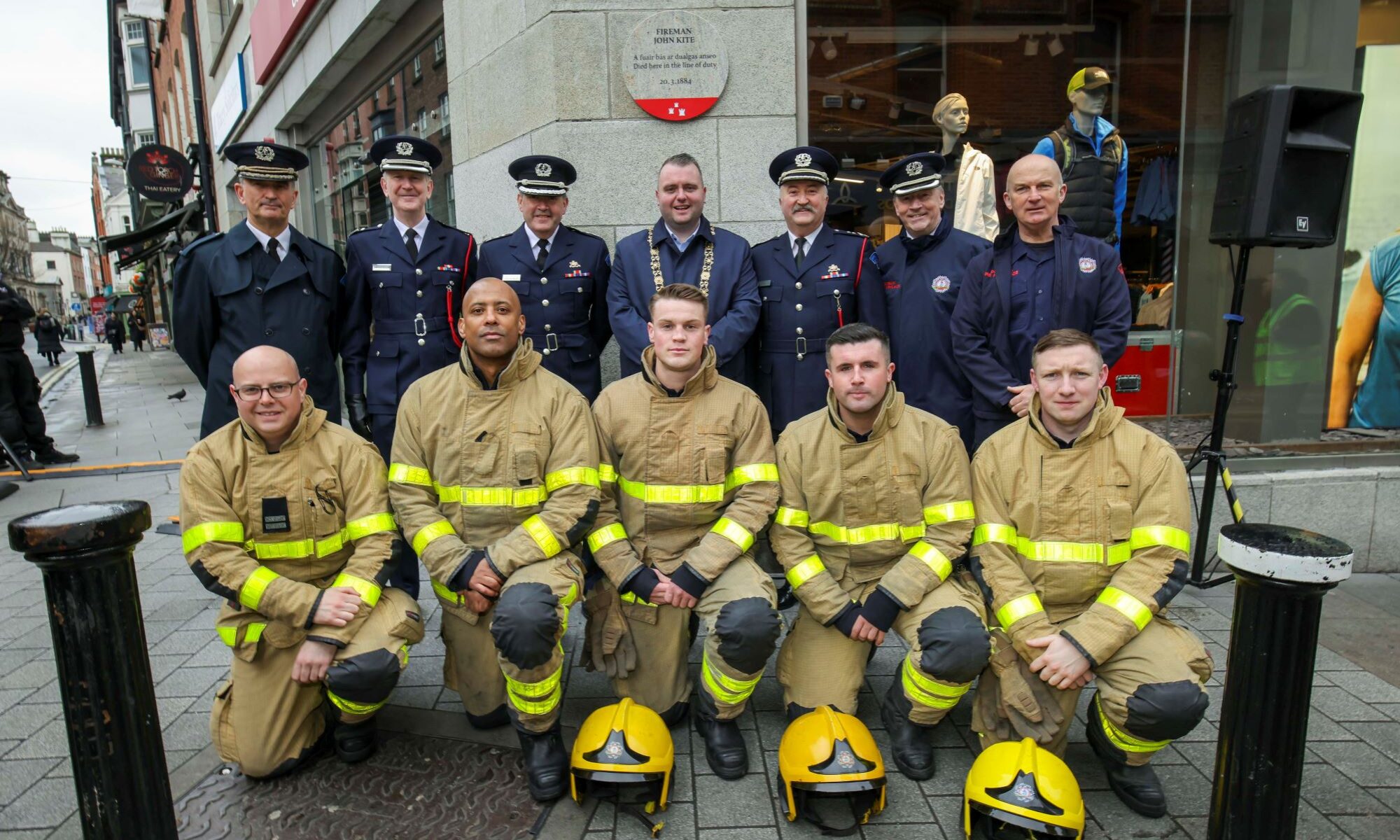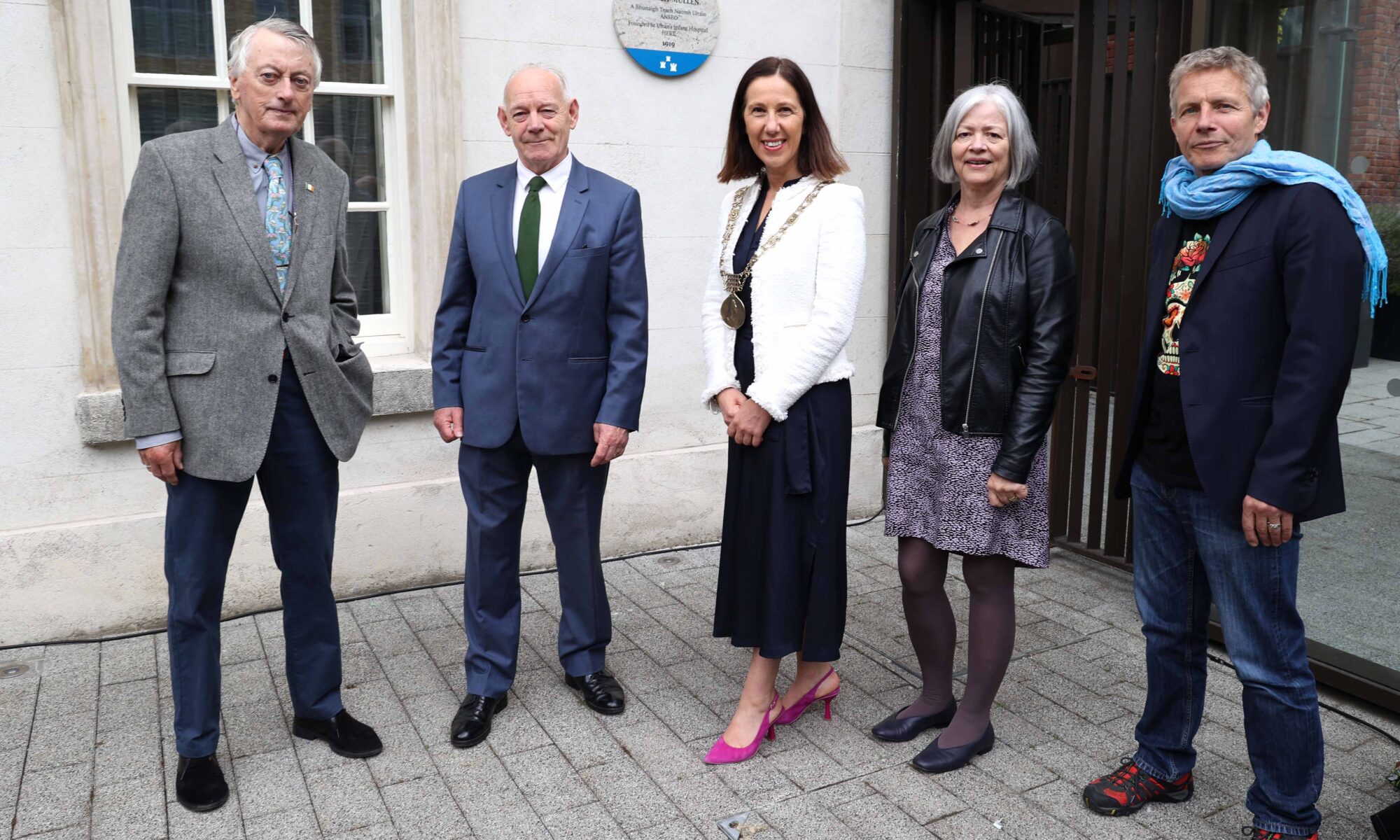Dr Kathleen Lynn and her partner Madeleine Ffrench-Mullen, founders of Ireland’s first hospital for children, have been honoured by a Dublin City Council Commemorative Plaque.
The plaque was unveiled by Lord Mayor Alison Gilliland on the building on Charlemont Street, Dublin 2, where St Ultan’s Infant Hospital was founded in April 1919.
Now the Clayton Hotel, the building housed the hospital until 1984, when it was merged with the National Children’s Hospital.
A native of Mayo, Kathleen Lynn (1874-1955) was educated at the medical school in Cecelia Street, and became a fellow of the Royal College of Surgeons in 1909. A nationalist and a suffragist, who worked in food kitchens during the 1913 Lockout, she joined the Irish Citizen Army, serving as its Medical Officer, and tending the wounded in the 1916 Rising. Imprisoned after the Rising, and again in 1918, her release was secured by Lord Mayor Laurence O’Neill so that she could tend to the sick during the Spanish Flu epidemic. She set up a GP practice from her home at 9 Belgrove Road, Rathmines, where she lived until her death in 1955.
Born in Malta in 1880, Madeleine Ffrench-Mullen grew up in Dundrum, County Dublin. Having lived abroad for a few years she returned to Dublin in 1913 and worked in soup kitchens during the Lockout. She joined the Irish Citizen Army where she met her lifelong companion, Kathleen Lynn. After the Rising she was imprisoned in Kilmainham Gaol, alongside Countess Markievicz.
Responding to the appalling rate of infant mortality in the city, Dr Lynn and Madeleine Ffrench-Mullen established St Ultan’s Infant Hospital at 37 Charlemont Street in April 1919. Ireland’s first paediatric hospital, it operated until 1984. Madelaine Ffrench-Mullen served as its secretary until her death in 1944.
Speaking at the unveiling, Lord Mayor Alison Gilliard said:
‘In my year as Lord Mayor I have had the pleasure of unveiling plaques to Margaret Keogh in Ringsend; Anna Parnell, on O’Connell Street, and Jane Wilde, on Merrion Square. I am delighted that the last plaque I will unveil as Lord Mayor honours two women whose contribution to our City and to its people is more than worthy of this long overdue recognition. Dr Kathleen Lynn and Madeleine ffrench-Mullen led extraordinary lives, from their involvement in the Easter 1916 Rising to establishing the first hospital dedicated to paediatric care in Ireland in May 1919. They encouraged its staff to be innovators, and through their hospital changed medical care for children in Ireland.’
In her remarks the Lord Mayor thanked the Clayton Hotel for their co-operation in agreeing to have the plaque erected on the building.
Historian Dr Margaret Ward spoke about the two women at the unveiling, saying:
‘Kathleen Lynn and Madeleine ffrench-Mullen were militant republicans, feminists and socialists. Their lives were devoted to achieving an independent Ireland and, with the formation of St Ultan’s hospital, they made a major contribution to improving the lives of working class women and children in Dublin. Their pioneering work on eradicating the scourge of TB became a model for Dublin Corporation. I hope the installation of this plaque at the site of St Ultan’s will be a first step in recognising the huge debt Dublin owes to these two remarkable women’.
The plaque was proposed by the 1916 Relatives Association, whose chair Noreen Byrne said:
‘the association is very pleased to partner with Dublin City Council to erect a plaque on the original site of St Ultan’s Infant’s Hospital founded & run by Dr Kathleen Lynn & Madeleine fFrench-Mullen. We are grateful to the Lord Mayor for unveiling the plaque, to the Clayton Charlemont Hotel for their recognition of the historical significance of the site and to Dr Margaret Ward for her insights into the lives of these two remarkable women’.
The decision to erect the plaque was made by the Dublin City Council Commemorations & Naming Committee, whose chair, Councillor Micheál Mac Donncha, said: ‘
The Commemorative Plaques scheme allows the City to formally commemorate people who have made a significant contribution to the life of Dublin. We welcome suggestions from the public for people and events to be commemorated, and full details are on the Council website’.


